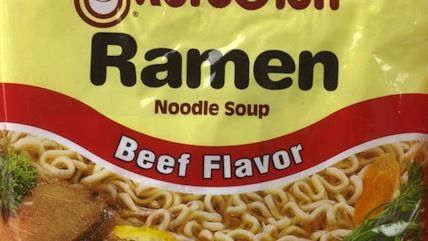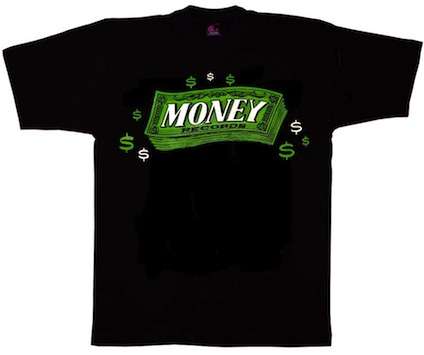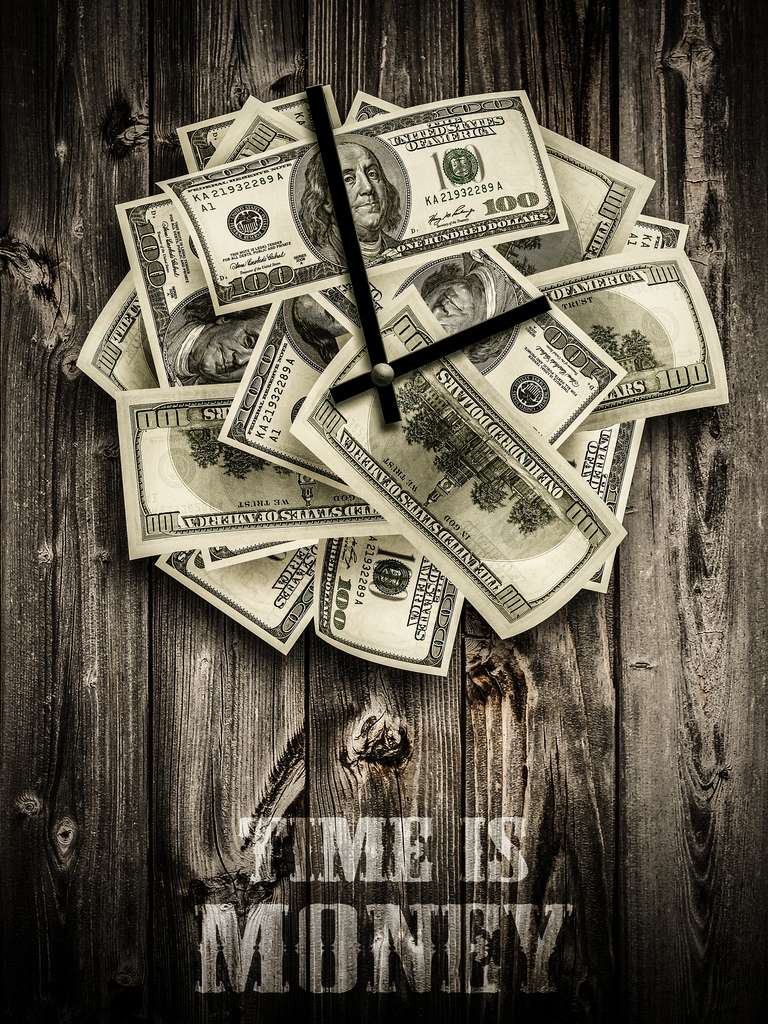6 Alternative Currencies: From Coca Leaves to Mackerel
Beyond the ramen standard


Time and again, cigarettes have served as a spontaneous currency behind bars. But they aren't the only good to have played that role. As my colleague Elizabeth Nolan Brown reported here yesterday, a new sociological study has revealed that ramen noodles are now the currency of choice in at least one prison.
While the ramen standard takes hold in that institution, other commodity currencies have emerged in other parts of the world, sometimes as stopgap substitutes for the government's money and sometimes as something more long-term. Here are a few of the examples we've covered in Reason over the years:
The T-Shirt Standard: Haiti has an extensive trade in second-hand clothes; it also has an official currency that isn't always stable. And so Haitians have sometimes used the former in the place of the latter. "When the paper or coin currency of a nation is unstable and in short supply, it is not uncommon for a good (and often a relatively plentiful good) to take the place of currency—via a kind of generalized barter," one of the filmmakers behind the documentary Secondhand (Pepe) explains.

The Minute Standard: Kenya fell into chaos after the corrupt elections of 2007, and the stores that ordinarily sold prepaid phone minutes shut down amid the violence. Phone credits quickly became more valuable than the government's money, and many people found it relatively convenient to use those units of talk time as a substitute currency.
While this was a quick-fix response to a crisis, mobile phone credits had already been used as an alternative currency in more stable times. As the cell phone economy took off, many Africans living abroad discovered that the safest, cheapest way to send remittances home was simply to buy phone minutes for their families. It was an easy step from there to just trading the minutes.
The Fish Standard: Ramen isn't the only food to replace cigarettes as a prison currency. Packs of mackerel and cans of tuna have done the same. One difference: While ramen's popularity as money is linked to its popularity as a meal, most prisoners don't like the mackerel enough to actually want to eat it. No doubt this makes it easier to accumulate savings.

The Opium Standard: Just as ramen isn't the only food to become a money, tobacco isn't the only drug to play that role. Seven years ago, an AP dispatch from Afghanistan described a town where the "common currency was what grew in everyone's backyard—opium." The scene sounded like a Norman Rockwell/Thomas De Quincey mash-up: "When children felt like buying candy, they ran into their father's fields and returned with a few grams of opium folded inside a leaf. Their mothers collected it in plastic bags, trading 18 grams for a meter of fabric or two liters of cooking oil. Even a visit to the barbershop could be settled in opium."
Alas, "the economy of this village sputtered to a halt last year when the government began aggressively enforcing a ban on opium production." You didn't realize the war on drugs could double as a deflationary monetary policy.
The Cocaine Standard: In Colombia, on the other hand, a government crackdown inadvertantly encouraged the use of coca leaves as a medium of exchange. "No money has reached Guerima for months," the Telegraph reported in 2008, "and transactions are conducted in coca, with one gram enough to buy a soft drink." Possibly a coca-cola.
The Pee Standard: When I blogged that cocaine story eight years ago, I also linked to an article that claimed prisoners were using yet another valuable commodity as money: drug-free urine. (Talk about liquid assets!) I'd call this one the gold standard, but I guess that name is already taken. Unlike that other gold standard, this one seems especially susceptible to inflation.


Show Comments (18)